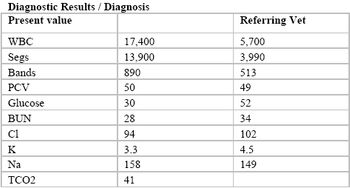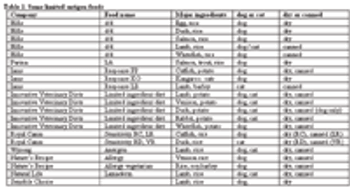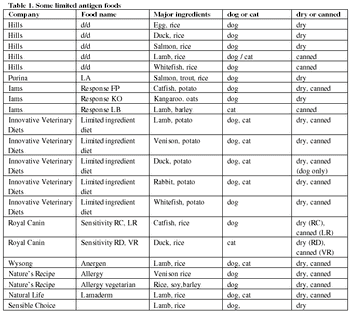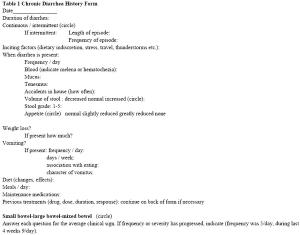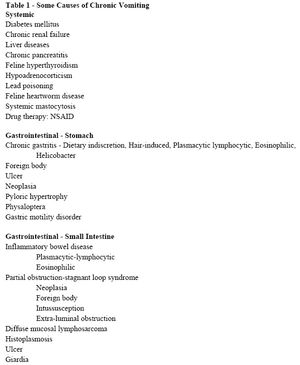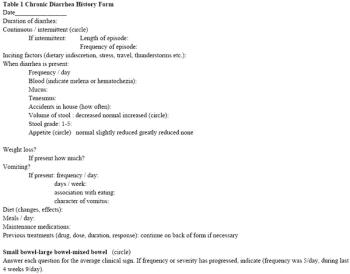
Chronic diarrhea is a common problem in dogs and cats. Diagnosis can be difficult and challenging for veterinarians due to the large number of possible causes of chronic diarrhea. Following a logical and thorough diagnostic plan is essential to efficiently arrive at an accurate diagnosis. This seminar will review the author's approach to the diagnosis of chronic diarrhea.


